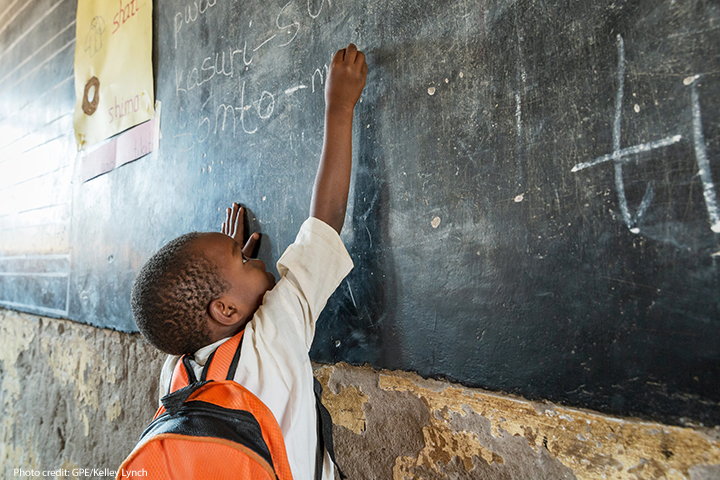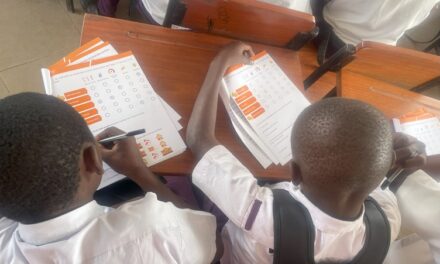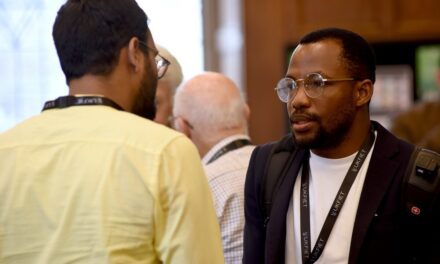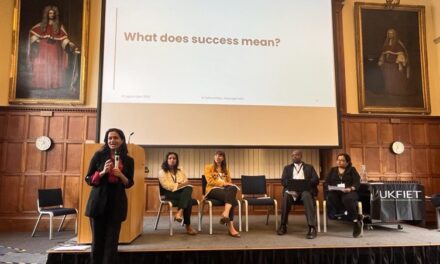This article is by the theme convenors of one of six 2023 UKFIET conference themes, ‘Rights, equity and inclusion’: Line Baagø-Rasmussen, Social and Behaviour Change Specialist – Education, UNICEF Education Section NYHQ, and Samantha Ross, International Programme Director for Link Education International. This is published in the lead up to the September 2023 conference to help participants decide which sessions to attend.
What excites you about your theme?
It was exciting, but also rather overwhelming, to receive over 140 submissions under our ‘Rights, Equity and Inclusion’ theme, almost double other themes, so our work was cut out for us ensuring we reviewed each one thoroughly. In our final selections, we were mindful of honouring our theme title and made sure we included new scholars, seasoned researchers, and practitioners covering a broad geography. We hope we have brought new voices to the UKFIET table who will share fresh thinking, ideas, and practice on how we can tackle intersectionality, overcome barriers – especially those that are often forgotten or considered too difficult – and deliver education for all.
How does this link to the overall 2023 conference theme?
As we mentioned in our opening blog, the goal of the conference is to learn how we can stem and reverse the current trajectory of rising inequalities. Our theme directly explores rights, equity and inclusion and is thus central to the overall conference theme of justice in education.
The abstracts we have selected consider inclusion and justice for all in its broadest sense with sessions exploring disability, gender, language, violence, social status and more in a variety of contexts including schools, the streets, and refugee settings.
What kind of sessions/ papers can we expect to find under your theme?
We have a really inspiring mix of quick-fire and longer papers grouped under six broad themes: creating safe spaces; teacher training for inclusion; why aren’t we doing what it takes to achieve gender equity; navigating the hurdles children with disabilities face; using participatory approaches for inclusion; and a look at how language and gender exclude.
We also have some exciting symposia and creative sessions including on the drivers of exclusion and inclusion, social norms change, transformative education, inclusive learning environments, and going from research and evidence to implementation.





